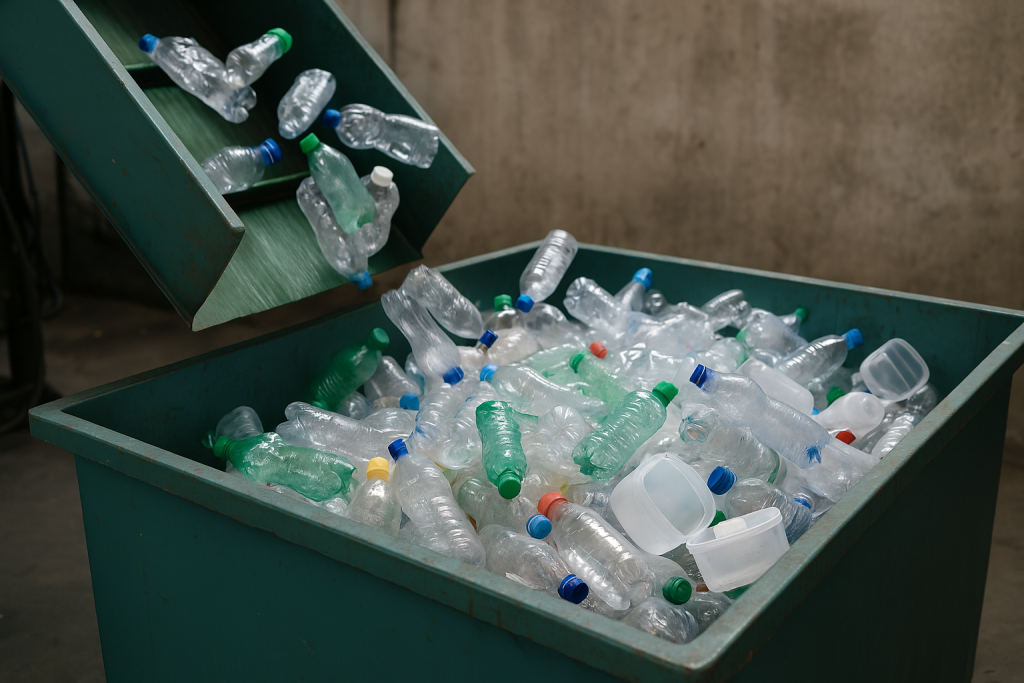Tackling plastic pollution in Lagos

It is no secret that Lagos and Nigeria in general are grappling with a plastic pollution crisis. Drainage channels choked with plastic bags and Styrofoam packs are a common sight, blocking waterways, contaminating soil and water, and threatening wildlife.
These materials take decades, sometimes centuries, to decompose, and their damaging legacy only grows with time. In response, Lagos State has taken a bold and necessary step by banning single-use plastics—including Styrofoam containers, plastic bags, and straws—from July 1, 2025. This move is long overdue.
With over a million tonnes of plastic waste generated yearly in the state, the environmental toll has become unbearable. The ban is more than just a policy—it’s a clear message. Single-use plastics are a menace to our fragile ecosystems, and their continued use is incompatible with sustainable development.
Beyond the environmental benefits, the ban is already raising public awareness, encouraging Lagosians to rethink their consumption habits and embrace reusable and biodegradable alternatives. While the Nigerian House of Representatives passed a similar bill in 2019, it has had little impact due to lack of enforcement and public discourse.
Lagos’s proactive stance is a welcome breakthrough, but it also exposes a critical tension between environmental goals and economic realities. Manufacturers and traders in the plastic industry have voiced concerns about the ban’s potential to disrupt livelihoods. About 89 per cent of those in the plastic value chain—many of them small-scale traders and women entrepreneurs—depend on single-use plastics for income.
The sudden enforcement, without adequate support or viable alternatives, risks inflicting economic hardship on these vulnerable groups. Moreover, Lagos currently lacks sufficient recycling infrastructure and affordable substitutes for plastic products, making compliance a real challenge for many businesses.
This is where government’s approach must be balanced and inclusive. The ban cannot succeed if it alienates those whose livelihoods depend on the very products it targets. Instead, Lagos must lead not only by decree but by action – investing in recycling facilities, supporting the development of sustainable alternatives, and providing retraining and economic support to affected workers. Public sensitisation campaigns must also be intensified.
Educating citizens on the value of waste-to-wealth and waste-to-energy systems can shift mindsets and foster a culture of responsible consumption and disposal. Lagos’s single-use plastics ban is a commendable and courageous step towards environmental sustainability. But for it to be truly effective, it must be accompanied by practical measures that support businesses, protect jobs, and promote long-term solutions.
The path to sustainability is rarely smooth, but the costs of inaction are far greater. Lagos has the opportunity to set a powerful example—not just for Nigeria, but for the world.
It is time for Lagos to lead the way in turning the tide against plastic pollution.
The post Tackling plastic pollution in Lagos appeared first on Vanguard News.







